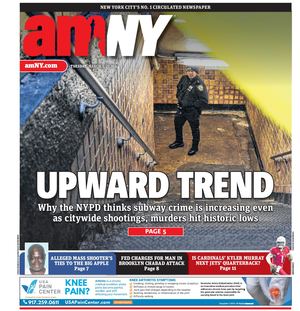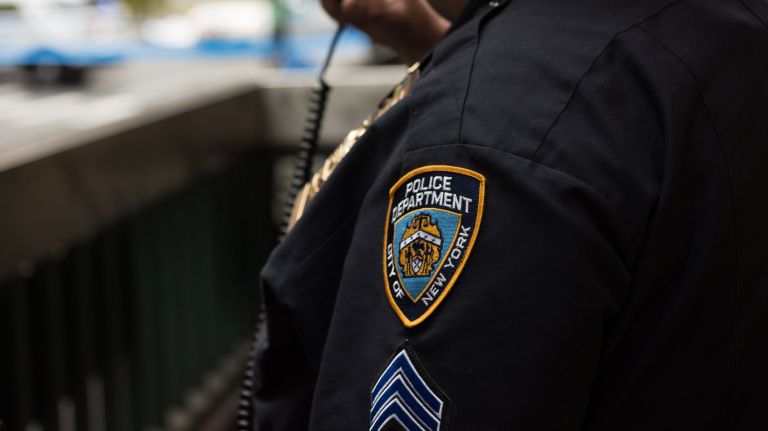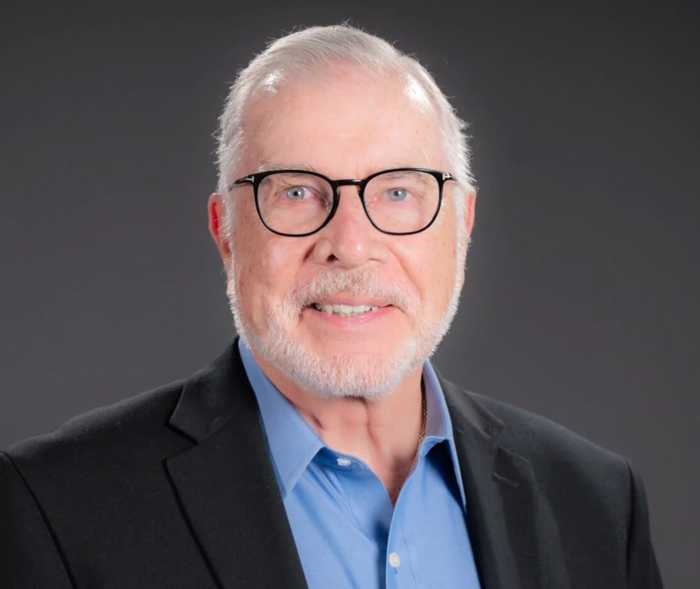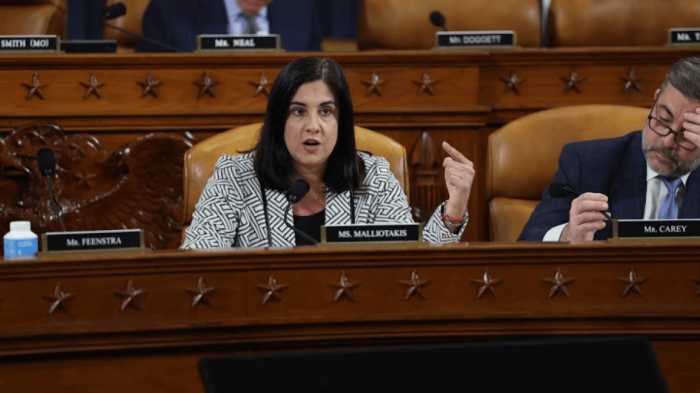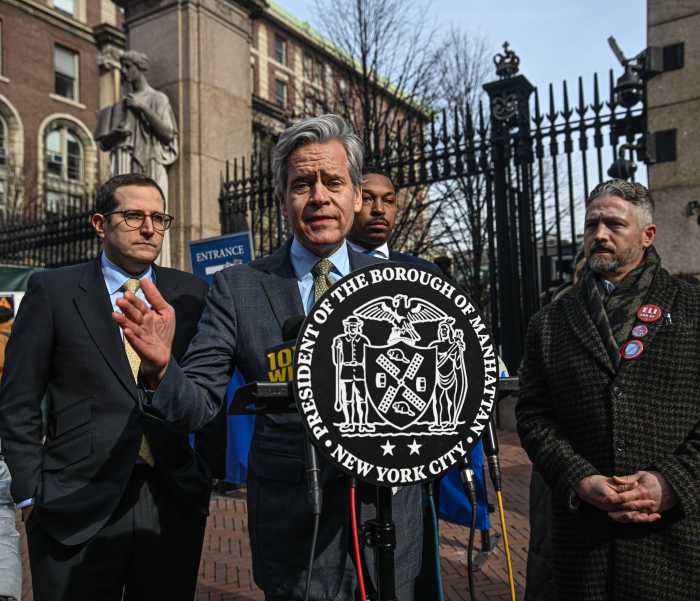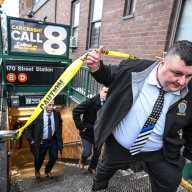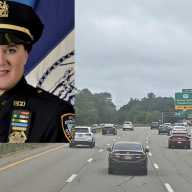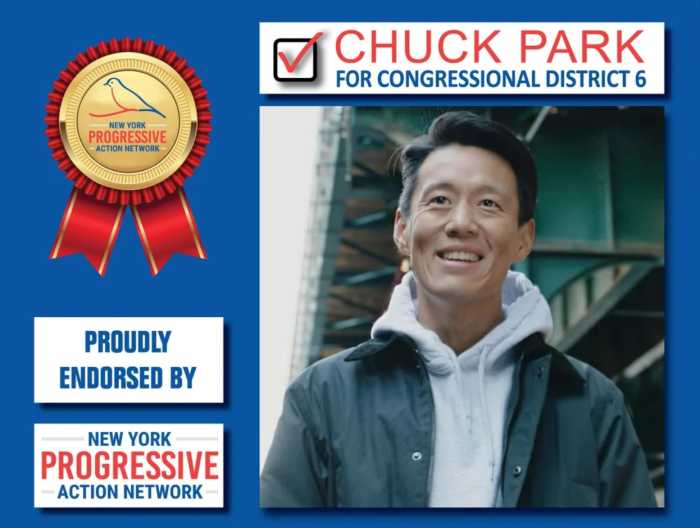
As the NYPD mourns the seventh cop to die by suicide this year, some studies suggest cultural stigma around mental illness could be compounding what the police commissioner has described as a “crisis.”
Miriam Heyman, chief inclusion officer with the nonprofit Ruderman Family Foundation, said while there is a high level of "shame and stigma" around mental illness in general, first responders are even more susceptible.
“These forces are even stronger in these professions … where bravery and courage are part of the job description and also where part of the job description is putting other people before yourself. So speaking about where you’re struggling and asking for help for those struggles feels incompatible with that job description,” said Heyman, who wrote a white paper study on first responder suicides for the foundation.
The study, which examined the factors contributing to mental illness among first responders, found that police and firefighters are more likely to die by suicide than in the line of duty.
The foundation partnered with the nonprofits Firefighter Behavioral Health Alliance and Badge of Life to document the number of first responder suicides nationwide in 2017, of which 103 firefighters and 140 police officers were reported. However, Heyman said those numbers are likely underestimates because suicides are often labeled as something else.
By comparison, the study found that 93 firefighters and 129 police officers died in the line of duty that year.
One NYPD officer has died in the line of duty this year. Det. Brian Simonsen, 42, was killed by friendly fire while responding to an armed robbery in Queens on Feb. 12.
NYPD Commissioner James O’Neill said the department sees on average of four or five suicides a year. O’Neill had declared a “mental health crisis” in June after four officers died by suicide in that month alone.
The most recent death was Saturday on Staten Island. The NYPD did not disclose the officer’s name, assignment or other personal details.
One of the factors contributing to mental illness in first responders highlighted in the study is their constant exposure to trauma. In her research, Heyman found a study that suggested police officers witness an average 188 critical incidents — such as violence, death and child abuse — in their careers.
“The key reason I included that statistic is the idea that we know the bravery of first responders in the aftermath of the most horrific tragedies … but the reality is that the experience of trauma is not only on these most horrific days,” Heyman said. “And we also know the impact of trauma is cumulative, so over time we wear down our emotional reserve to deal with trauma. The way we respond to the second, third, fourth trauma will be different than the way we respond to the first.”
Exposure to trauma can cause such mental illnesses as PTSD and depression, which can contribute to suicide. An article published by the American Psychological Association in 2016 also found firefighters are more at risk of death by suicide compared with the general population, citing their “disturbingly higher rates of PTSD and substance abuse disorders.” The article noted cultural stigma as a contributing factor as well.
Although the NYPD has been tight-lipped on the specifics of the officer suicides this year, O’Neill has been publicly urging cops to seek help. "To every member of the NYPD, please know this: it is OK to feel vulnerable. It is OK if you are facing struggles. And it is OK to seek help from others,” he said in a statement on Saturday.
The city offers a number of suicide prevention resources for first responders, including an Employee Assistance Unit (646-610-6730); a Chaplains Unit (212-473-2363); and Police Organization Providing Peer Assistance (888-267-7267).
But New York City is an exception when it comes to mental health resources for police and firefighters, according to Heyman.
“Nationally, less than 10 percent of police departments have suicide prevention programs, so that needs to change,” she said, adding that O’Neill has demonstrated great leadership in his recent remarks. “The call to access help has to come from within the profession itself, and I think Commissioner O’Neill is really emerging as a tremendous leader in this area.”
More media coverage of first responder suicides would also reduce the stigma of mental illness in the profession, Heyman said.
“What that does is lets first responders know that they’re not alone in their struggles,” she said. “It’s important to respect the family’s wishes, at the same time I think it’s important to end the silence that surrounds this issue.”
